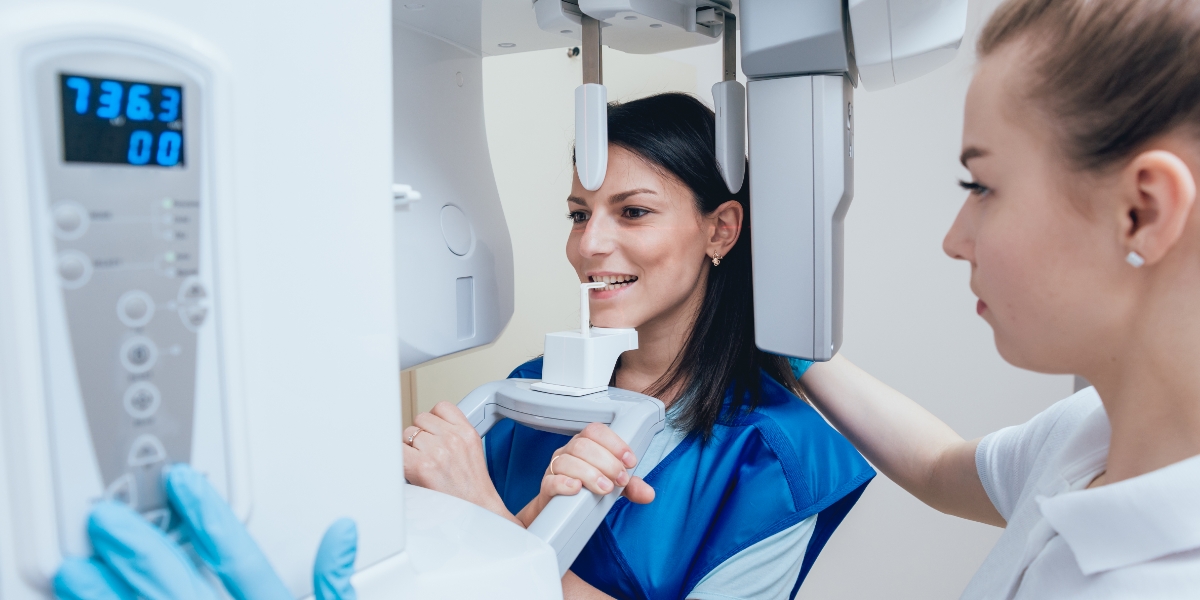A dental implant is a three-part device used when a person has lost a tooth. When installing a dental implant, a screw is placed in the jaw which gives support to the jawbone. Connected to the screw is a piece called an abutment which is a connector piece between the screw and a false tooth.
When a person loses a tooth, their jawbone density also suffers. Dental implants are one of the only methods which restore density back to the jawbone. Jawbone density is an important factor of your dental health, because a low-density jawbone can cause many oral health issues if not addressed. Some of these issues include a misaligned bite and cracked or broken teeth.
Dental Implants Can Fail
While dental implants are a good option for many, they do have a chance to fail. After we install dental implants, the oral cavity is susceptible to infection. Dental implants can be rejected is your mouth becomes infected during the healing process. If your mouth does become infected, you will need to have the implants removed as the body will have adverse reactions if they are left in your mouth.
Because your body can reject your dental implants, it’s important to be vigilant to watch for any signs of infection. The most common sign of infection after oral surgery is continued bleeding and the development of pus in the mouth. It’s normal to bleed after surgery, however, bleeding past three days after your surgery is a sign that your mouth is not healing properly. The longer it takes for your mouth to heal after surgery, the greater possibility there is for infection.
We will give you tips to keep your mouth healthy after surgery. If you follow our instructions carefully, there will be little chance of infection. We are always here to help you. Please give us a call if you want more information on how to keep your mouth healthy post-surgery.








